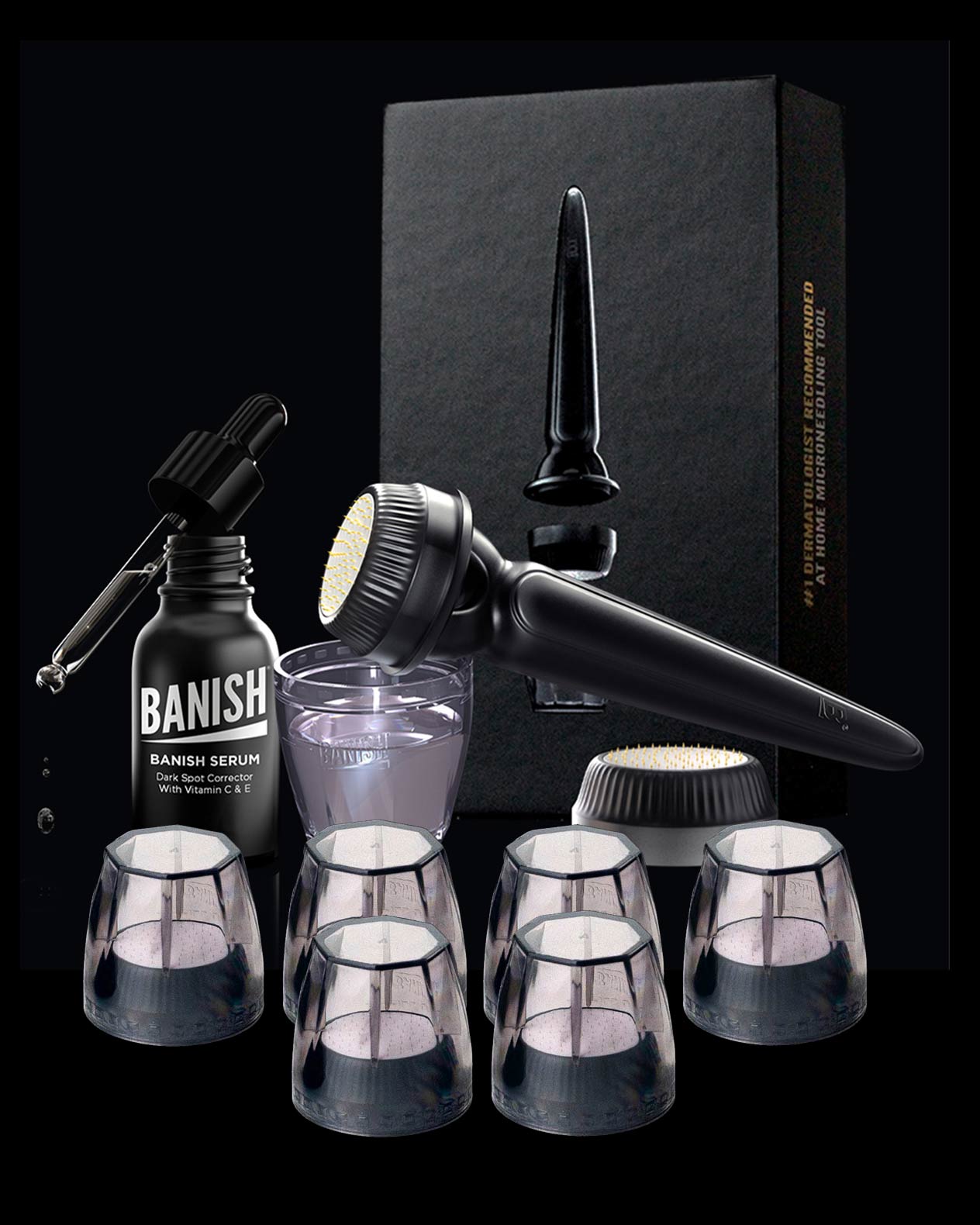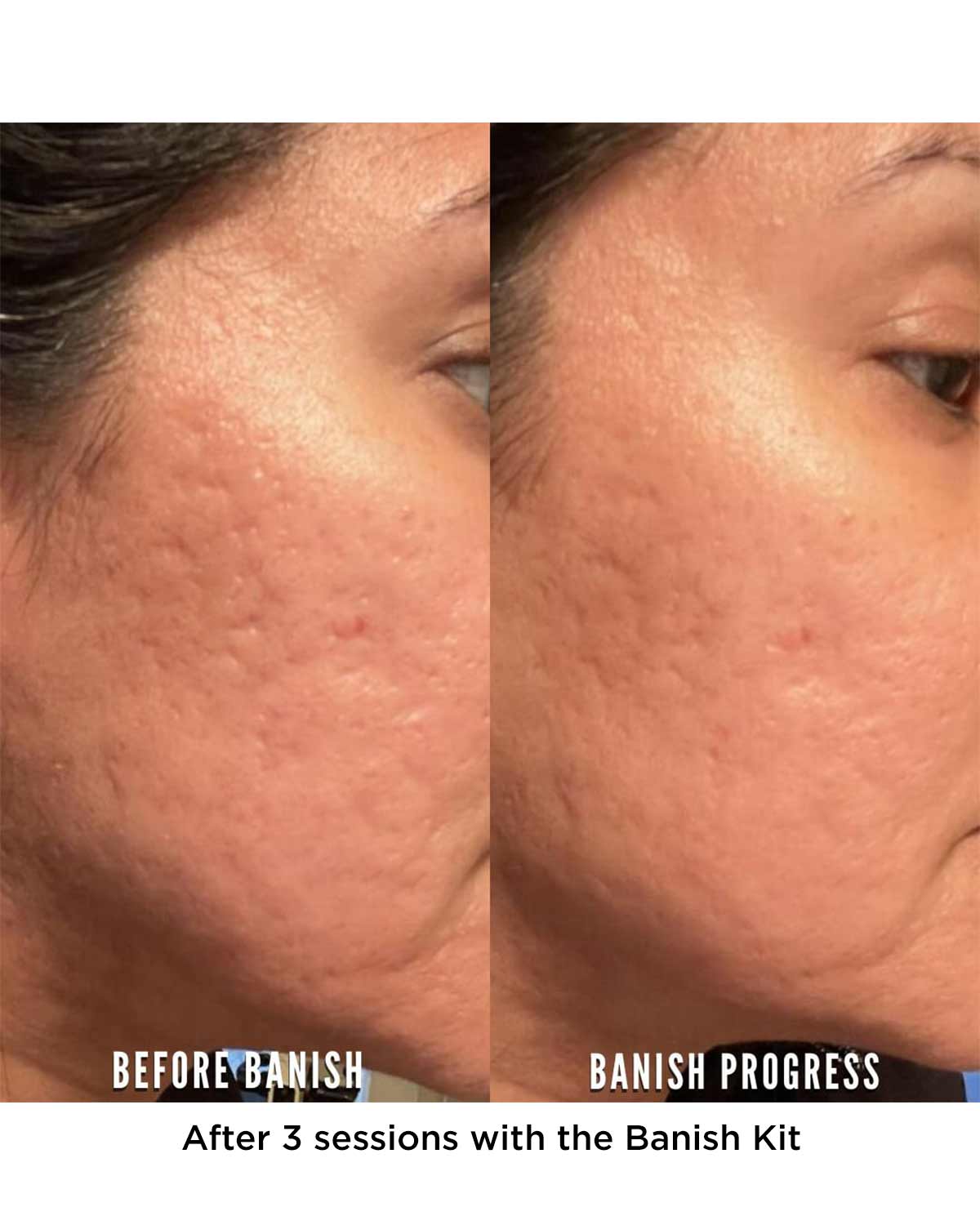As we float our way into the end of 2016 and the days are getting colder and the nights are getting shorter, you've probably got a lot of people around you getting sick. Maybe you've already been sick, or maybe you've been lucky enough to avoid it all. Either way, avoiding sickness is usually at the top of everyone's priority list. It's the holidays, we have a lot of fun plans, we're seeing a lot of family and friends, and we can't afford to take extra time off work! Basically, getting sick ruins all of that fun we had planned.
So you may be searching for something that will help "boost" your immune system, so to speak, to help ensure you stay healthy all winter long.
Our Immune System
On the whole, our immune system does a pretty dang remarkable job of defending us against disease-causing microorganisms. But sometimes it fails: a germ invades and we get sick. The million-dollar question then is, is it possible to intervene in this process and make your immune system stronger?
Many products claim to boost or support immunity. Walk into a store, and you will find bottles of pills and herbal preparations that claim to "support immunity" or otherwise boost the health of your immune system. Although some preparations have been found to alter some components of immune function, thus far there is no evidence that they actually bolster immunity to the point where you are better protected against infection and disease. Overall, the concept of boosting immunity actually makes little sense scientifically.
In fact, boosting the number of cells in your body — immune cells or others — isn't necessarily a good thing. Attempting to boost the cells of the immune system is complicated because there are so many different kinds of cells in the immune system that respond to many different microbes in many ways. Which cells should you boost, and to what number? So far, scientists do not know the answer. What is known is that the body is continually generating immune cells. No one knows how many cells or what the best mix of cells the immune system needs to function at its optimum level.
The idea of boosting your immunity is enticing, but the ability to do so has proved elusive. The immune system is precisely that — a system, not a single entity. To function well, it requires balance and harmony. There is still much that researchers don't know about the intricacies and interconnectedness of the immune response. For now, there are no scientifically-proven direct links between lifestyle and enhanced immune function.
But that doesn't mean the effects of lifestyle on the immune system aren't intriguing and shouldn't be studied. Researchers are exploring the effects of diet, exercise, age, psychological stress, and other factors on the immune response. In the meantime, general healthy-living strategies are a good way to ensure that your immune system has the upper hand.
Age & Immunity
One thing that does seem to alter our immunity is aging. The aging process leads to a reduction of immune response capability, which contributes to more infections, more inflammatory diseases, and more cancer.
While some people age healthily, compared with younger people, the elderly are more likely to contract infectious diseases and are more likely to die from them. No one knows for sure why this happens, but some scientists observe that this increased risk correlates with a decrease in T cells, possibly from the thymus atrophying with age and producing fewer T cells to fight off infection. Others are interested in whether the bone marrow becomes less efficient at producing the stem cells that give rise to the cells of the immune system.
A reduction in immune response to infections has been demonstrated by older people's response to vaccines. For example, studies of influenza vaccines have shown that for people over age 65, the vaccine is much less effective compared to healthy children (over age 2). But despite the reduction in efficacy, vaccinations for influenza and S. pneumoniae have significantly lowered the rates of sickness and death in older people when compared with no vaccination.
There appears to be a connection between nutrition and immunity in the elderly, as well. A form of malnutrition that is surprisingly common even in affluent countries is known as "micronutrient malnutrition." Micronutrient malnutrition, in which a person is deficient in some essential vitamins and trace minerals that are obtained from or supplemented by diet, can be common in the elderly. Older people tend to eat less and often have less variety in their diets.
One important question is whether or not dietary supplements may help older people maintain a healthy immune system. Older people should discuss this question with a physician who is well versed in geriatric nutrition.
Unfortunately there's not a whole lot we can do about getting older - but by living healthfully we can hope to keep our immune system in check.
Diet
A healthy immune system needs good, regular nourishment. Scientists have long recognized that people who live in poverty and are malnourished are more vulnerable to infectious diseases. Whether the increased rate of disease is caused by malnutrition's effect on the immune system, however, is not certain. There are still relatively few studies of the effects of nutrition on the immune system of humans, and even fewer studies that tie the effects of nutrition directly to the development (versus the treatment) of diseases.
So what can you do? If you suspect your diet is not providing you with all your micronutrient needs — maybe you don't like vegetables or you choose white bread over whole grains — you should really consider improving your diet versus taking multivitamins.
Stress
Modern medicine has come to appreciate the closely linked relationship of mind and body. A wide variety of maladies, including stomach upset, hives, and even heart disease, are linked to the effects of emotional stress. But although the relationship between stress and immune function is being studied by a number of different types of scientists, so far it is not a major area of research for immunologists.
This is because studying the relationship between stress and the immune system presents difficult challenges. For one thing, stress is difficult to define. When people are exposed to situations they regard as stressful, it is difficult for them to measure how much stress they feel, and difficult for the scientist to know if a person's subjective impression of the amount of stress is accurate. The scientist can only measure things that may reflect stress, such as the number of times the heart beats each minute, but such measures also may reflect other factors. It is also hard to perform what scientists call "controlled experiments" in human beings.
Despite these inevitable difficulties in measuring the relationship of stress to immunity, scientists who repeat the same experiment many times with many different human beings, and who get the same result most of the time, hope that they can draw reasonable conclusions.
Healthy Living
Your best and only line of defense at this time is to choose a healthy lifestyle. Following general good-health guidelines is the single best step you can take toward keeping your immune system strong and healthy. Every part of your body, including the parts that make up your immune system, functions better when protected from environmental assaults and bolstered by healthy-living strategies such as these:
- Don't smoke.
- Eat a diet high in fruits, vegetables, and whole grains, and low in saturated fat.
- Exercise regularly.
- Maintain a healthy weight.
- Control your blood pressure.
- If you drink alcohol, drink only in moderation.
- Get adequate sleep.
- Take steps to avoid infection, such as washing your hands frequently and cooking meats thoroughly.
- Get regular medical screening tests for people in your age group and risk category.
Although the news isn't as promising as we had hoped, it's important to strive for overall health, and try not to target certain areas of health. Generally speaking, when our bodies are fit and healthy, our immune system is functioning well. If you are not taking care of yourself, your immune function can be improved to function better. But if you are at your optimal baseline, you cannot make your immune function better.
------------------------------------------------------------------------------

I first got acne in high school, and it came back in my early adulthood. I was able to struggle through those difficult times and come out of it a stronger, wiser, healthier person as a result. I'm here to help you do the same thing!
Connect with Veganacnesufferes on Youtube Twitter
--------------------------------------------------------------------------























Leave a comment
All comments are moderated before being published.
This site is protected by hCaptcha and the hCaptcha Privacy Policy and Terms of Service apply.